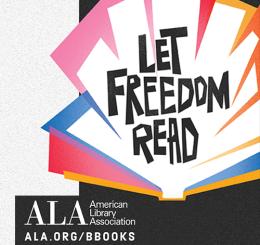Free to Read
On this page, we’ll continue to provide updates on this critical issue – new challenges that arise and how we, along with other libraries and advocates across state and country, are working to preserve the right of every individual to seek and receive information from all points of view without restriction.
Check back often. And get involved: Write to your state legislative representative. Monitor the actions of your school board and other local bodies. Be heard!

As the Library celebrates the 150th anniversary of its founding, challenges to everyone's freedom to read continue to mount. So, even as Library staff members celebrate and take pride in providing vital services, they’re also deeply concerned about the continued threats that could compromise patrons’ access to materials.
The Library has been one of the most vocal in Missouri in responding. Efforts to ban or restrict access to books and other literary resources are misguided, unhealthy, and harmful to a free society.
Organized factions are targeting titles they deem objectionable, the subject matter often invokes racial and sexual (particularly LGBTQ) identity. States are backing them with legislation and other measures.
Those behind the challenges cite a need for parental engagement and oversight. For libraries, that’s already a central tenet. The Library encourages parents and guardians to be interested and involved, to serve as arbiters of what their children – their own children – read, see, and hear.
Public Opposition to Book Bans
Large majorities of voters (71%) oppose efforts to have books removed from their local public libraries, according to a 2022 survey*. Most voters and parents hold librarians in high regard, have confidence in their local libraries to make good decisions about what books to include in their collections, and agree that libraries in their communities do a good job offering books that represent a variety of viewpoints.
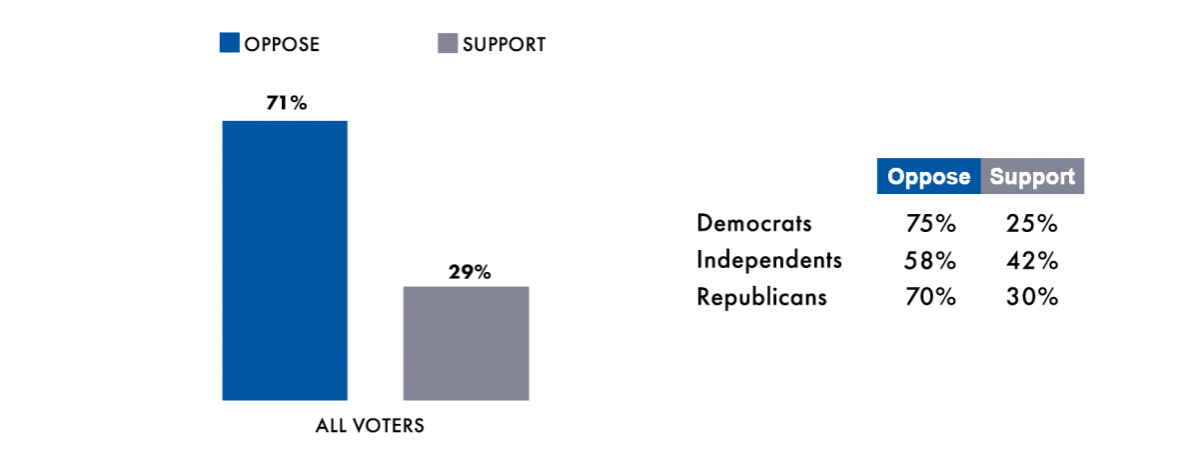
Free to Read Posts
Action & Resources
In the past, book bans and other challenges cited sexual explicitness, violence, offensive language and ideology, among other content. Now, it’s most often racial and sexual (particularly LGBTQ) identity. Children’s literature is a principal target as parents and lawmakers seek more oversight of items accessible to students in school libraries.
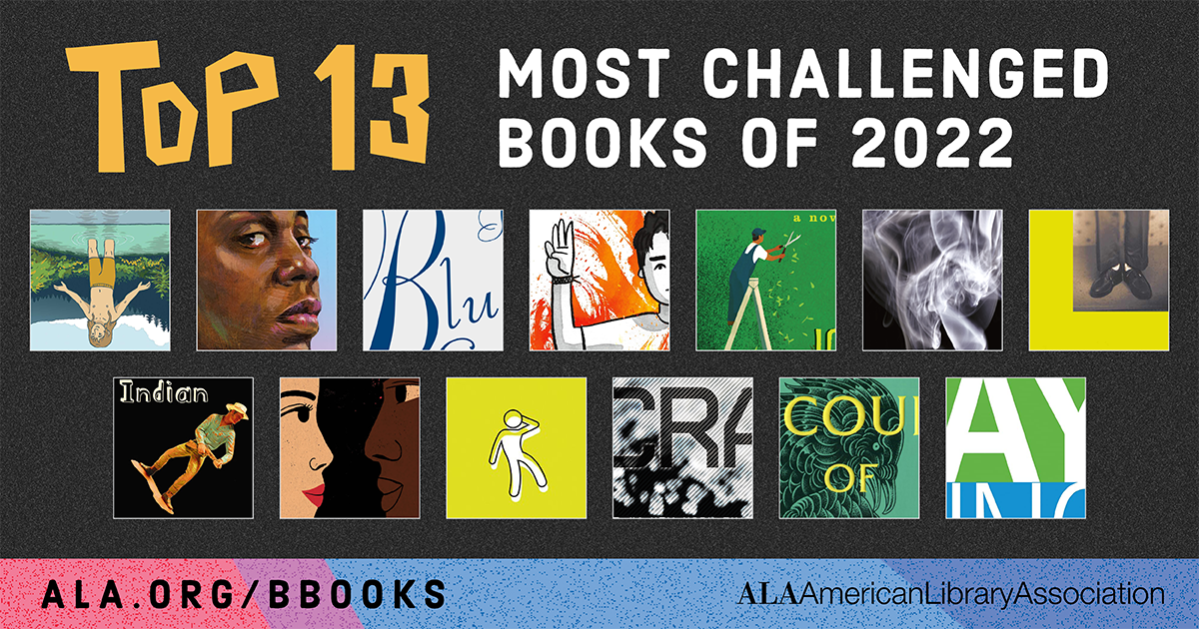
Amid the involvement of organized censorship groups and elected officials, the American Library Association documented a record-breaking 1,269 demands to remove materials from school and public libraries in 2022 – up from 729 the previous year. Nearly 60% of those challenges targeted items in school libraries and classrooms. A little more than 40% focused on materials in public libraries.
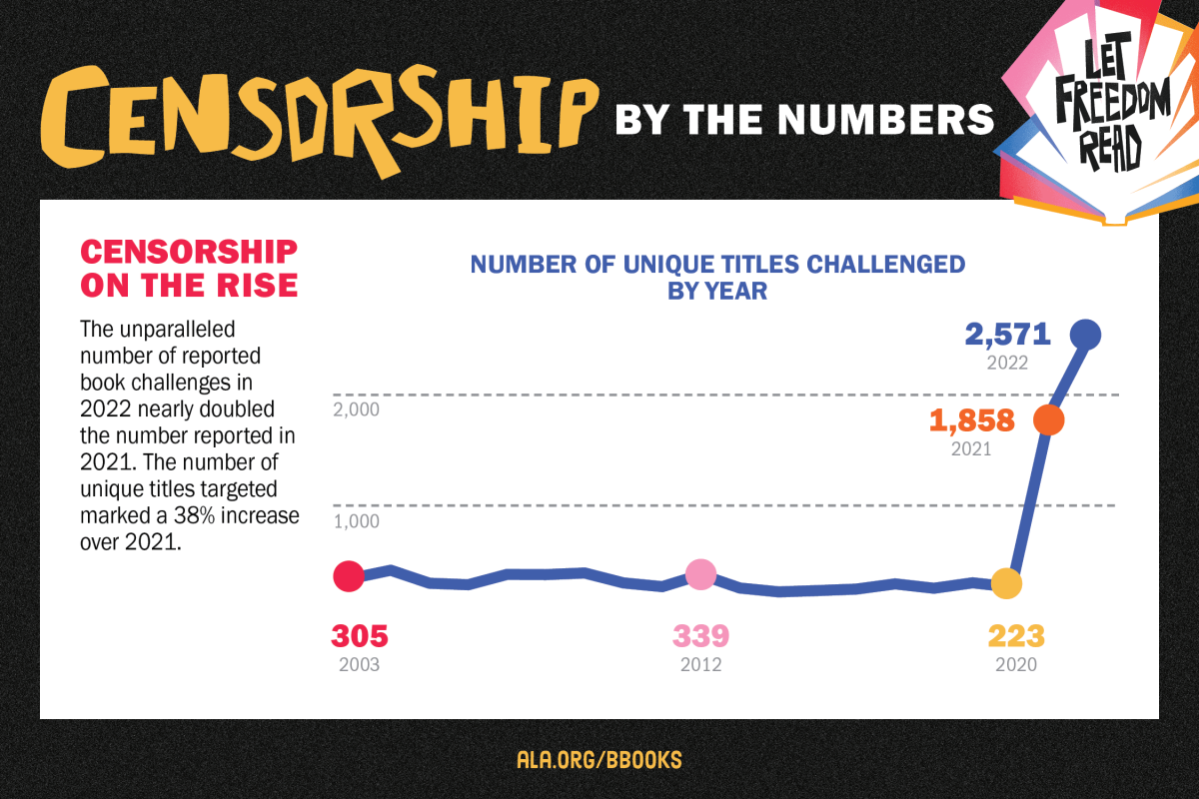
Missouri became a book-banning hotbed in the wake of a new state statute, SB 775, subjecting educators to jail time and fines for providing books deemed to include sexually explicit images to students. It took effect in August 2022. Citing that legislative action in all but three cases, schools removed 315 books from their shelves in the first six months of the 2022-23 school year, according to PEN America, the New York-based nonprofit devoted to promoting and defending free expression. Only Texas and Florida had more.
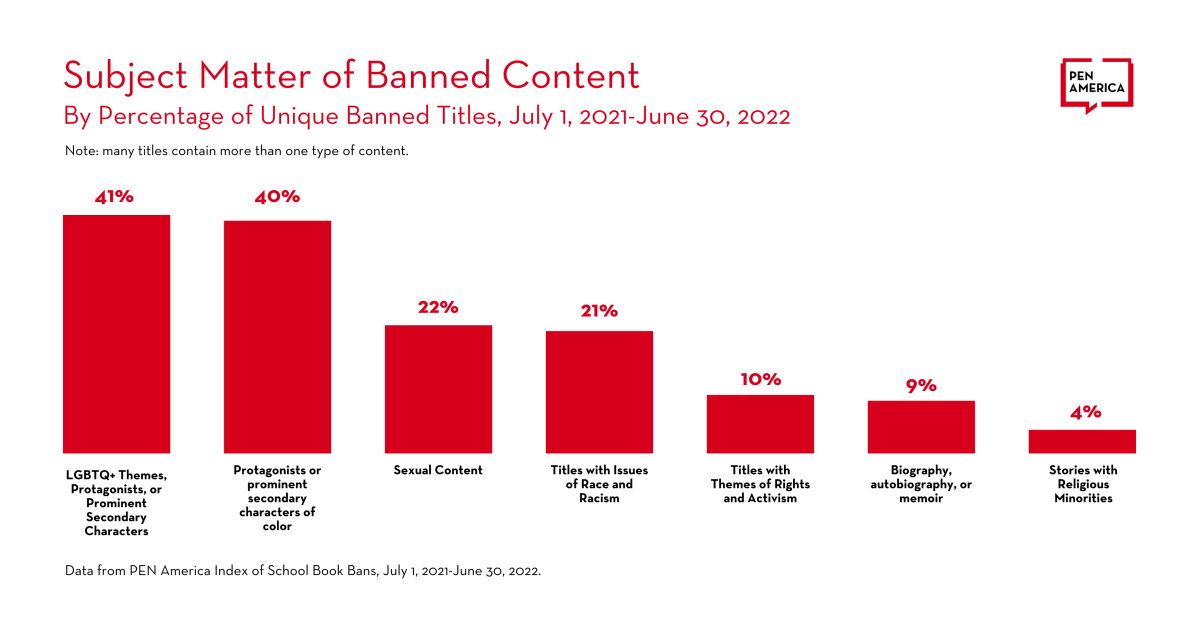
A new administrative rule drawn up by Secretary of State John R. Ashcroft was set to take effect May 30, 2023. It requires state-funded libraries to adopt policies on age-appropriateness while facilitating challenges of books and other materials by parents.
The measure prohibits the use of public funds for the purchase of materials that constitute “child pornography” or are “pornographic for minors” or “obscene.” But those kinds of materials were already illegal. Moreover, libraries don’t carry them. The fear is that overzealous parents will apply their own interpretations of pornography to books and other items that don’t fit in their cultural comfort zones and inevitably mount challenges.
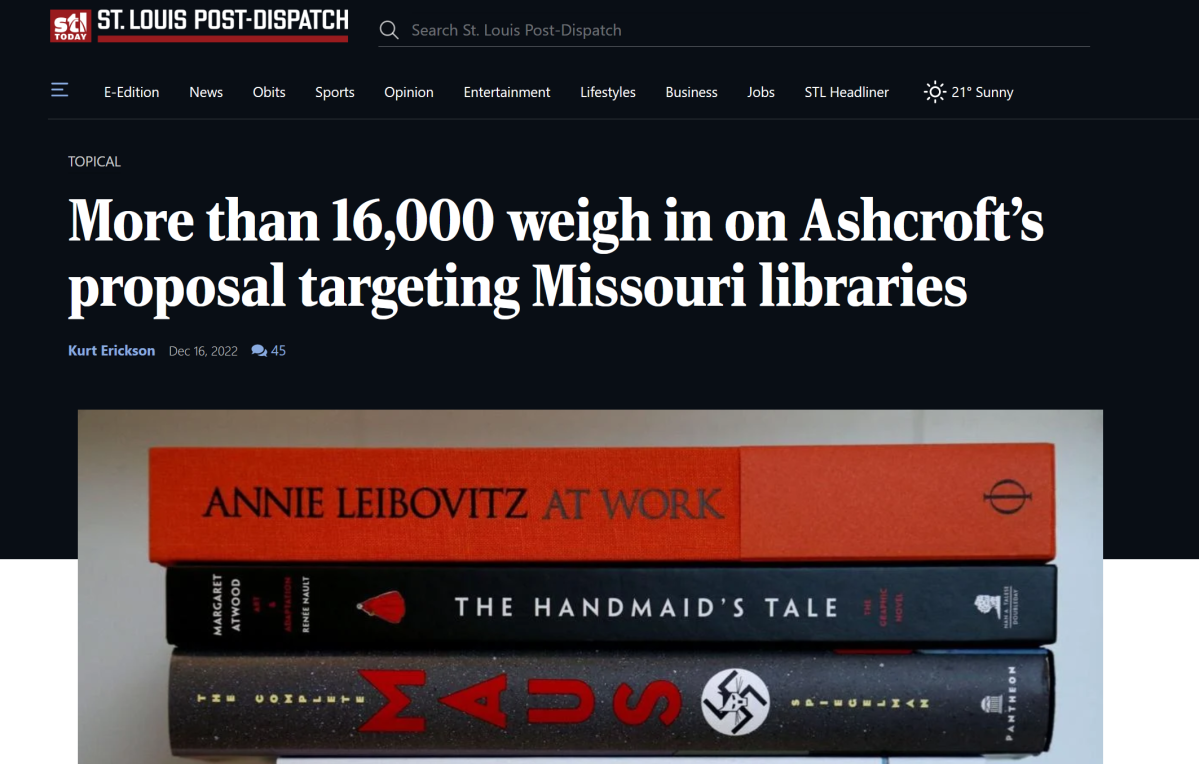
Another front opened in March 2023 as the state was finalizing its 2023-24 budget. In retaliation for a legal challenge of SB 775 by two state library associations, the House of Representatives sought to eliminate all $4.5 million in funding for public libraries. The Senate voted to preserve the annual appropriation and, in a welcome outcome, the two chambers kept the monies in the final budget.
Libraries take great care in selecting books and other materials for their collections. Using publishers’ recommendations and reviews, as well as their own training and experience, librarians at the Kansas City Public Library identify the proper age groups (and with that, appropriate locations) for titles reflecting a range of voices, interests, and experiences. As a public library committed to serving all in the community, we strive to cover all views and walks of life.
From there, our librarians have a long and successful history of guiding families to interesting – and appropriate – reading matter. They do not, however, push any book on any child. Parental oversite is invited and encouraged.
The Kansas City Public Library’s collection development policies are available here. Included, in section 209.01, is the procedure for handling requests to reconsider materials.
In taking a lead role in resisting this surge in challenges to books and intellectual freedom, the Kansas City Public Library affirms its respect for the First Amendment and adopts as board policy the American Library Association’s Bill of Rights. The latter holds that materials “should not be proscribed or removed because of partisan or doctrinal disapproval.” Also, that libraries “should challenge censorship in the fulfillment of their responsibility to provide information and enlightenment.”
We appreciate and support the work of two U.S. congressional members, Sen. Jack Reed of Rhode Island and Rep. Raúl Grijalva of Arizona, in introducing the Right to Read Act, which looks to ensure that every students in the country has access to a school library staffed by a certified school librarian. It also reaffirms that “First Amendment rights apply to school libraries” and seeks to extend “liability protections” to teachers and school librarians. You can register your own support here.
